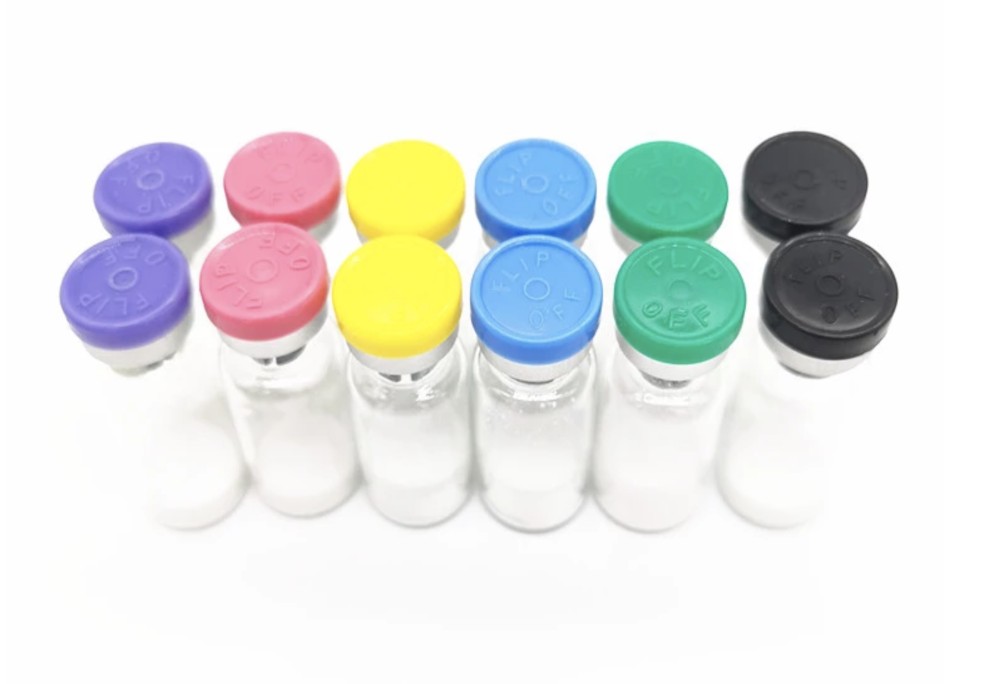Cilengitide is a cyclized pentapeptide peptidomimetic designed to compete for the arginine-glycine-aspartic acid (RGD) peptide sequence that regulates integrin-ligand binding. Cilengitide selectively and potently blocks the ligation of theαvβ3 andαvβ5 integrins to provisional matrix proteins such as vitronectin, fibronectin, fibrinogen, von Willebrand factor, osteopontin, and others. Cilegitide inhibits angiogenesis in vitro. 10 μM Cilengitide completely inhibits attachment of BAE, BME and HUVE cells on vitronectin and fibronectin. Cilengitide inhibits in vitro angiogenesis of BAE cells on three-dimensional collagen and fibrin gels pretreated with FGF-2(or VEGF-A) with IC50 of 15 μM and 8 μM, 4 μM and 3 μM, respectively.Cilengitide blocks proliferation and induces apoptosis of endothelial cells as well as differentiation of human endothelial precursor cells (EPCs). 50 μg/mL Cilengitide completely inhibits the proliferation of human microvascular endothelial cell line HMEC-1 and leads to apoptosis in ~30% cells. 1.0 μM Cilengitide treating for 9 days inhibits the proliferation of EPCs by nearly 40%. 1 μM Cilengitide inhibits the differentiation of EPCs by more than 80% at 14 days. Cilengitide inhibits adhesion and induces apoptosis of tumor cells. 25 μg/mL Cilengitide causes detachment of DAOY cells (medulloblastoma) and U87MG cells (glioblastoma) from vitronectin and tenascin by more than 60%. 25 μg/mL Cilengitide induces a nearly 50% apoptosis rate of these cells
Cilengitide is activity against tumor growth and angiogenesis as single-agent. 100 μg Cilengitide induces a significant decrease in the number of CD 31+ vessels seen in tumors (2/high-power field) compared with control tumors (56/high-power field). 100 μg Cilengitide increases cellular apoptosis in the brain tumors of animals (2.2% apoptotic cells/high-power field) compared with those receiving the inactive peptide (1.7% cells/high-power field). Cilengitide treatment results in prolonged survival of the mice bearing melanoma xenografts M21 compared with control treatment group. (36.5 vs 17.3 days). Cilengitide can augment the therapeutic benefit associated with cytotoxic agents including chemotherapy and radiation therapy in tumor models. Hemel (250 mg/dose) alone does not alter tumor growth of breast cancer xenografts when compared with untreated mice, but combined modality RIT (CMRIT) using RIT and six doses of Cilengitide (250 mg/dose) increases efficacy of treatment, with the cure rate for mice that receives only RIT increasing from 15 tot 53%. CMRIT significantly increases apoptosis of tumor and endothelial cells 5 days, and decreases tumor proliferation.






















